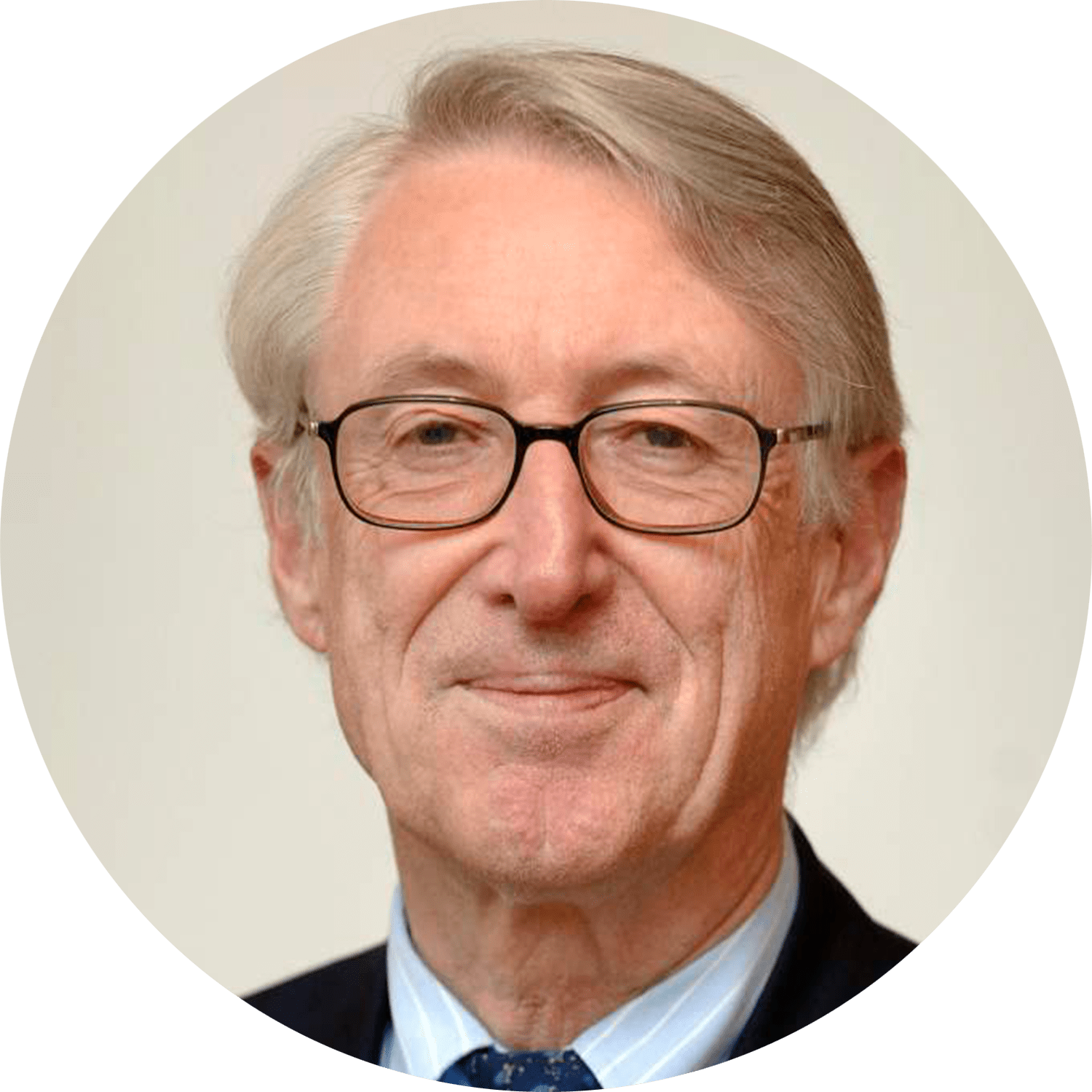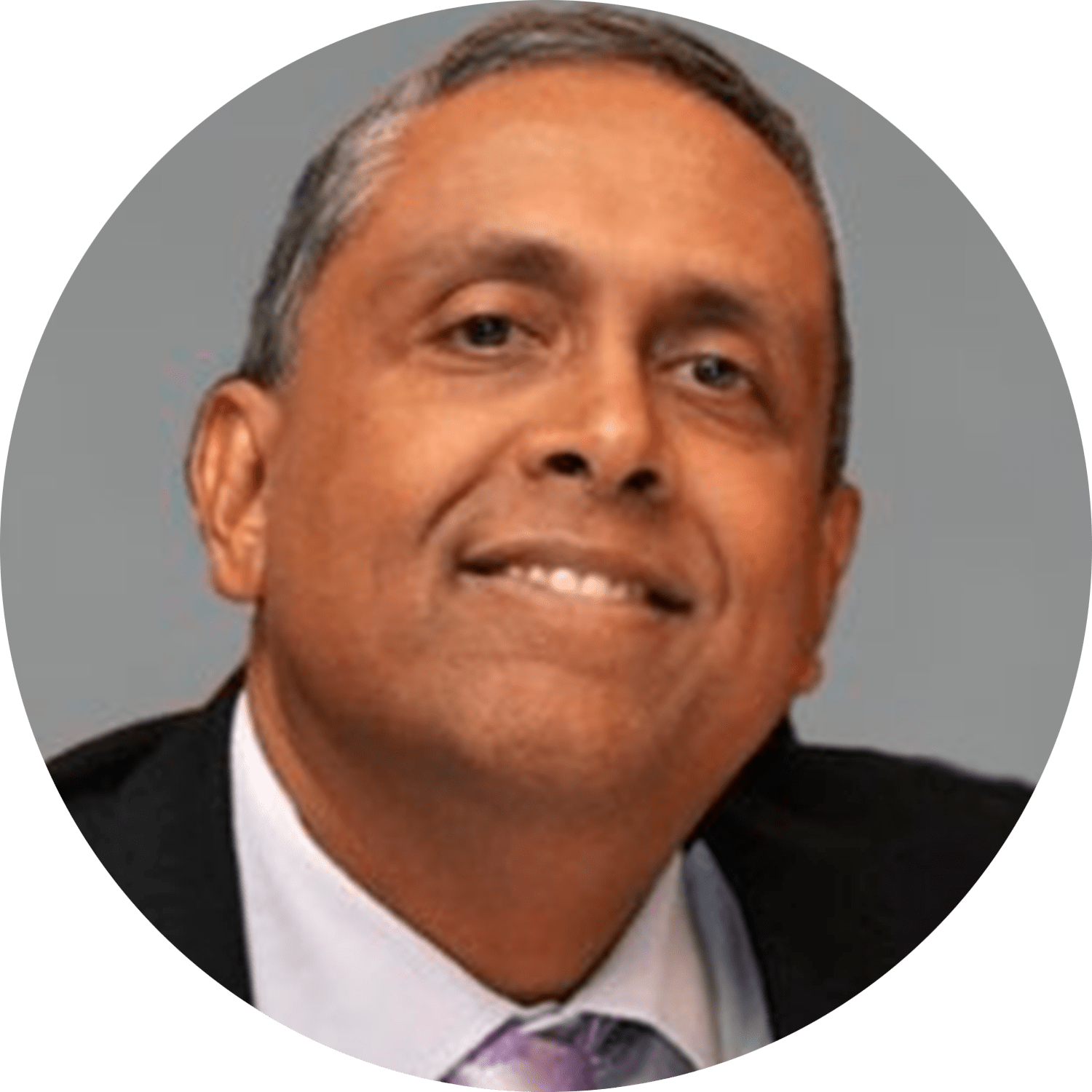Our Ambassadors
Dieter Bitter-Suermann, Physician from Germany
”From birth to death, sepsis is one of the most severe life-threatening diseases known in any field of medicine. Broad-based prevention (hygiene) measures, early recognition of seemingly harmless symptoms, and immediate administration of fast-acting antibiotic therapies save lives.
That’s why the medical faculties, with their mandate of training future doctors and providing ongoing education for specialists, have a special responsibility to support World Sepsis Day and the Global Sepsis Alliance.”
Prof. Dr. Helge Braun, Minister to the Federal Chancellery of Germany
„In Germany, too, sepsis is one of the most common causes of death and numbers of fatalities are on the rise. If all the relevant parties act consistently, much will be achievable, even in the short term. I therefore call for a national and international campaign focusing on preventive measures and on improving medical training to enable staff to diagnose sepsis earlier and treat it more effectively. Advances in the fight against AIDS show what can be achieved if there is investment in research and the education of lay people.“
Reinhard Burger, Scientist from Germany
"150 years after Semmelweis, nosocomial infections represent the most common infections in industrialized nations. The most serious form of such infections is sepsis, particularly in areas with an increased risk like intensive care, haematology/oncology or neonatology. Effective treatment of sepsis is difficult, and is affected increasingly by the problem of antibiotic resistance. In addition to evidence-based recommendations for the prevention of sepsis, prepared in Germany by the KRINKO at the RKI, the early detection and the improvement in therapy is important, considering at the same time the prudent use of the remaining antibiotics. The German antibiotic resistance strategy DART focuses on these topics. Therefore, the RKI supports strongly the goals and activities of World Sepsis Day. "
Nancy Caralla, Sepsis Survivor from the United States
"Having been diagnosed with Clostridium difficile (C. Diff) twice, surviving a sepsis in 2010, and having lost my father due to a septic shock after a C. Diff. infection, I realized sepsis and C Diff are more closely connected then most can imagine and both drastically underrepresented in terms of worldwide awareness. That is why I founded the C Diff Foundation based in Florida and am closely working with the WSD Movement."
Prof. Sir Liam Donaldson, WHO Envoy For Patient Safety from the United Kingdom
“Patient safety must never be taken for granted: the next challenge is always just around the corner. Sepsis remains a major challenge to healthcare, and is one of our biggest causes of unchecked deterioration and avoidable patient harm. The statistics concerning the number of patients affected by sepsis and the numbers of lives claimed are frightening."
Dr. Carl Flatley, Founder Sepsis Alliance, United States
“As a leading cause of death in the US, I am dedicated to get the word out to the public and health care givers / facilities throughout the States. Amazingly, only 4 out of 10 Americans has heard the word sepsis. When you see estimates of 10's of millions dying worldwide annually, the unknown number of disabilities / amputations, and suffering for survivors, all of us globally need to be united behind the GSA and WSD events to " speak in one voice" about this " Blanket of Death". Government, Industry, Philanthropy and Academia, etc. need cohesive efforts to stop this deadly crisis. The Sepsis Alliance supports WSD on September 13 that occurs during the US September Sepsis Awareness Month, so more survive”
Dr. Tom Frieden, Former Director of the US Centers for Disease Control and Prevention, United States
“Sepsis can be devastating to patients and their families. Even survivors of sepsis can suffer life-long impacts of their illness. While we need to increase awareness and early detection of sepsis to protect patients and save lives, we also need to understand the causes of sepsis so that we can prevent it whenever possible.”
Hartwig Gauder, Olympic Champion from Germany
“I was dependent on an artificial heart while waiting for a heart transplant. During that time I developed sepsis. Surviving the disease was like getting a second lease on life. Today I'm a patron of the German Sepsis Aid Organization and the German Sepsis Society, and I fully support World Sepsis Day.”
Prof. Jörg Hacker, President of the German Academy of Science Leopoldina - National Academy of Science, Germany
"The fight against sepsis is a challenge that calls for worldwide collaboration between scientists, physicians, and nursing staff. As a microbiologist, I am convinced that World Sepsis Day is helping to make the knowledge about sepsis accessible to everyone who needs it to win this fight. "
Reinhold Messner, Athlete from Germany
“I support World Sepsis Day because I want to help further the prevention and early detection of life-threatening infections in children and adults around the world.”
Uwe-Jens Mey, Olympic Champion from Germany
“When my father died, sadly this taught me what sepsis may lead to. Therefore, I support World Sepsis Day and all efforts to eliminate sepsis as life-threatening danger to mankind.”
Melissa Parker, physician from Canada
“You have the power to make a difference for someone with sepsis. Whether you are a medical student, a nurse, a respiratory therapist, a parent, or a consultant speak up! Also listen. Respect vital signs. Make it your personal goal to find the needle in the haystack as soon as possible and then act. Lives count on it.”
Prof. Didier Pittet, Director of the Infection Control Programme and WHO Collaborating Centre of Patient Safety, Switzerland
“Even in the 21st century, sepsis remains a formidable challenge, both in developing and developed countries. But sepsis can be prevented. One of the simpler measures is to encourage healthcare workers to comply with hand hygiene recommendations, notably the “My 5 Moments for Hand Hygiene” now used worldwide and promoted through the WHO Multimodal Hand Hygiene Promotion Strategy. Hands are often the vectors of disease transmission. In a recent edition of the WHO initiative “Save Lives: Clean Your Hands”, 10 million healthcare workers from all continents participated to say “No, infection won’t be spread by me”. I believe that our collective power can generate a significant awareness of the need to reduce the burden of sepsis for all patients in our care. For this reason, I strongly support the Global Sepsis Alliance and World Sepsis Day.”
Karl Heinz Rahn, physician from Germany
“Sepsis is a life-threatening disease that affects many people worldwide. Even in the developed countries the incidence of sepsis is rising dramatically. Sepsis has not only an enormous relevance for public health care systems but also for research and education. Therefore, AWMF, the working group of all scientific medical societies in Germany, supports World Sepsis Day and wishes it to become a great success.”
Prof. Dr. Ernst Rietschel, Chemist and Former President of the Leibniz Gemeinschaft, Germany
“Many people who suffer from sepsis die quickly. That is why sepsis remains mostly unnoticed by media, politics, and society. Awareness of sepsis among health professionals and the general public is essential to increase sepsis survival rates, reverse the rise in sepsis incidents, and generate support among scientists and policymakers. I am proud to serve as an ambassador for the “Stop sepsis save lives” campaign, which culminates in World Sepsis Day on 13 September.”
Jozef Sabovcik, Olympic Champion from Slovakia
“Sepsis affects all ages, from newborns to children to older adults. Recently my family experienced the devastating effects of sepsis. My father-in-law, who is diabetic, developed a small sore on the bottom of his foot. Within days he became septic and spent time in the intensive care unit. Doctors had to amputate his leg to save his life. Sepsis affects everyone, and my mission is to spread the word about sepsis. Understanding the signs and symptoms of sepsis and seeking treatment early can save lives.”
Ray Schachter, Lawyer and sepsis survivor from Canada
“I miraculously survived acute sepsis in 1996 due to extensive medical intervention and have experienced the immediate and long-term consequences on me and my family. I am the chair of the GSA Task Force whose goal is to have the UN mandate sepsis as a World Health Day. Working with these very accomplished and committed people from GSA, many of whom are on the GSA Executive or Ambassadors, on this important project is a very special opportunity.”
CHristian Schenk, olympic champion from Germany
“I support World Sepsis Day because too many children and adults die from sepsis and I want to support those who care about better prevention and therapy of sepsis.”
Prof. terence Seemungal, Dean of the Faculty of Medical Sciences at The University of the West Indies, Trinidad & Tobago
“Sepsis is the major reversible contributor to subsequent multiple organ dysfunction commonly involving acute injury to lung, kidneys and heart. Pulmonary sepsis is the third leading cause of death worldwide. Even though there has been no major advance in sepsis therapeutics, there has been a fall in short-term sepsis mortality. However, this has not translated into any benefit in long term sepsis mortality. We need greater awareness and closer links between civil society and governmental organizations worldwide to win this fight.”
Prof. Peter Suter, Past President of the Swiss Academy of Sciences, Switzerland
“This important day must increase awareness of the public for a dangerous disease, and help to support research to find better treatments and improve outcome in these patients.”
Wolfgang Tiefensee, Thueringian Minister of Economy, Science, and Digital Society, Germany
"In Thuringia there is the internationally significant research center ZIK Septomics which has set itself the task to gain a better molecular understanding of sepsis. This way, new life-saving diagnostic and therapeutic approaches can be developed. World Sepsis Day in Jena provides the chance to reinforce the scientific cooperation in this field and the patient protection."
Jessica Tuffield, Miss Charity London, Miss Gravesham, and Sepsis Survivor from the UK
“As a two time sepsis survivor I am honored to become a World Sepsis Day Ambassador. World Sepsis Day is pivotal in raising awareness of this global preventable killer. It is imperative to bring together all who have been affected by sepsis, and to show that they are not alone in this battle, by way of providing a platform to raise awareness and ensuring that their voices are heard.”
Prof. Dr. nEcMettin Unal, Professor of Anesthesiology and Reanimation at Ankara University Medical, Turkey
"Sepsis is a clinical picture, which has many unknown features yet to be learned. Awareness, incidence and mortality, definition, prevention, pathogenesis, early clinical and laboratory diagnosis, treatment approach, cost, rapidly increasing antibiotic resistance, misuse and reckless use of antibiotics, and so on…How many of these aspects are come to be known by the majority? When we evaluate all of them globally, we are not in a good position. It is imperative that all concerned people, governmental institutions, NGOs should work in a relevant and collaborative manner on sepsis. For these reasons; It is necessary for all of us to lay emphasis on the world sepsis day, so that our hospitals, our cities, our country and other countries will be able to move forward in all matters related to sepsis. Thus, hopefully we can decrease incidence and mortality of the sepsis."
Klaus von dohnanyi, Former Federal Minister of Education and Science and Past Mayor of The Free Hanseatic City Hamburg germany
“I support World Sepsis Day and the targets of the World Sepsis Declaration because I have learned that apparently even physicians and health care workers know by far too little about sepsis. But everybody knows sepsis is not only a highly dangerous, but unfortunately also a rather common disease. Sepsis can be controlled, but only if understood and very early diagnosed. Thus sepsis education must get a top priority if health care providers in all parts of the world shall be enabled to treat sepsis successfully.”
Prof. Dr. Johanna Wanka, Former Federal Minister of Education and Research, Germany
“Twenty million people worldwide contract sepsis every year, more than 150,000 in Germany alone. Many survivors suffer a lifetime from the consequences. We therefore need to improve sepsis prevention, diagnosis, treatment and rehabilitation. For this reason, the Federal Ministry of Education and Research (BMBF) has been involved for many years in projects and initiatives focusing on sepsis research and the development of effective therapies.”
Prof. Dr. Lothar Wieler, President of the Robert-Koch-Institute, Germany
"Sepsis is the most threatening complication of an infection. Even today, it often takes a lethal course. World Sepsis Day draws attention to the high number of sepsis cases and deaths and also to possible ways of fighting sepsis. Better knowledge, especially among physicians, can help to faster recognize and treat sepsis. Treatment of sepsis is particularly affected by the increase of antimicrobial resistances. Interdisciplinary collaboration is necessary to face this problem and to improve prevention, early recognition and therapy of sepsis."
Klaus Wolfermann, olympic champion from Germany
“I support World Sepsis Day because many lives could be saved if lay people, politicians, physicians, and health care workers would know more about sepsis.”
Ilke Wyludda, olympic champion from Germany
“I support World Sepsis Day because as a patient and physician I know that sepsis can strike people out of the blue. Unfortunately, very few people know enough about this deadly disease. Medical students, young doctors and nurses need better education about prevention, early recognition and treatment of sepsis. World Sepsis Day can help to make a change for the better in the next years.”




























